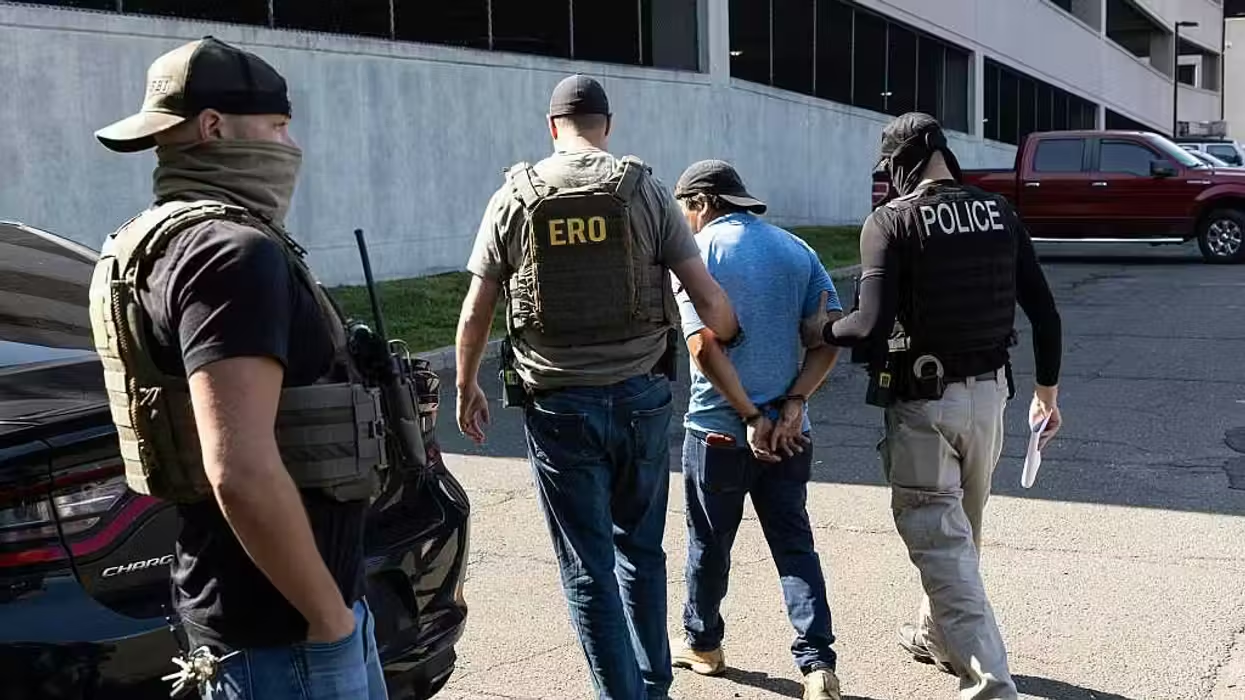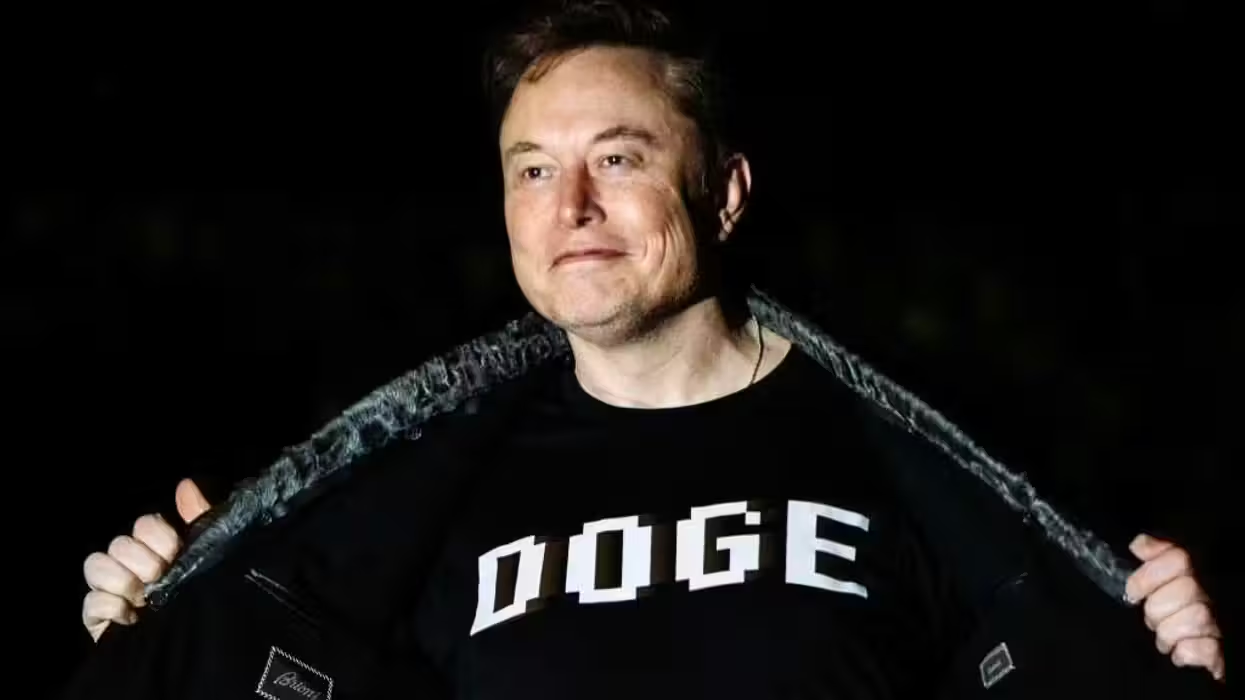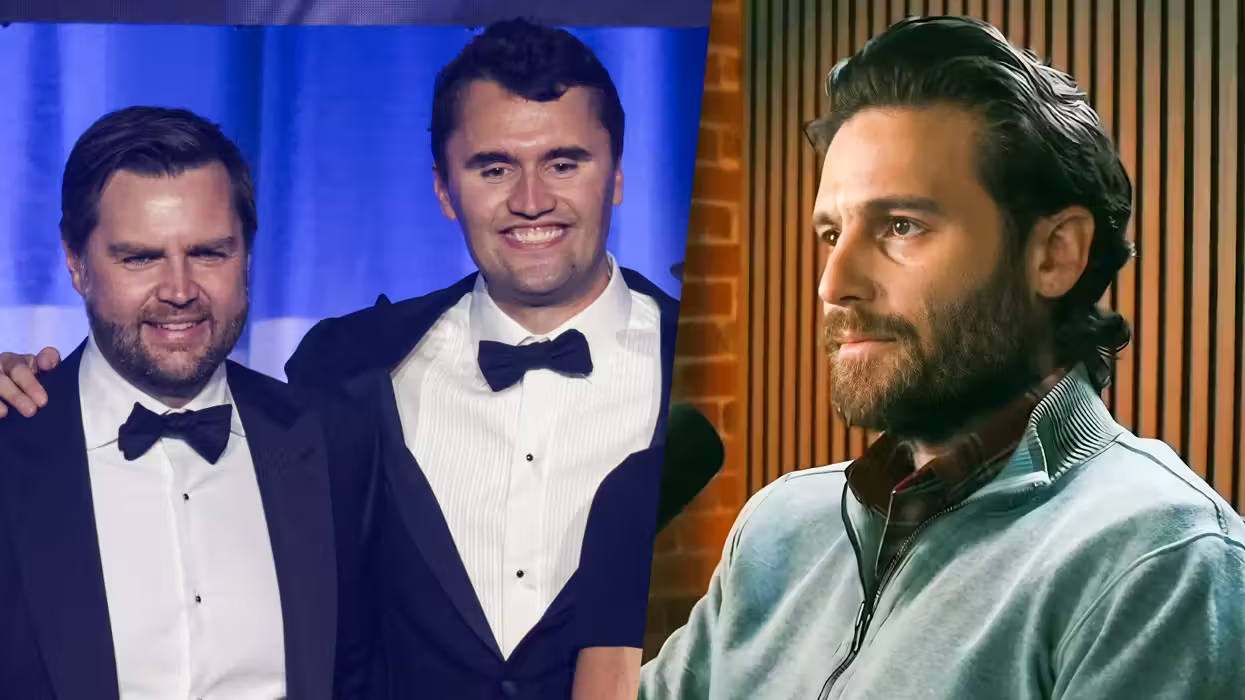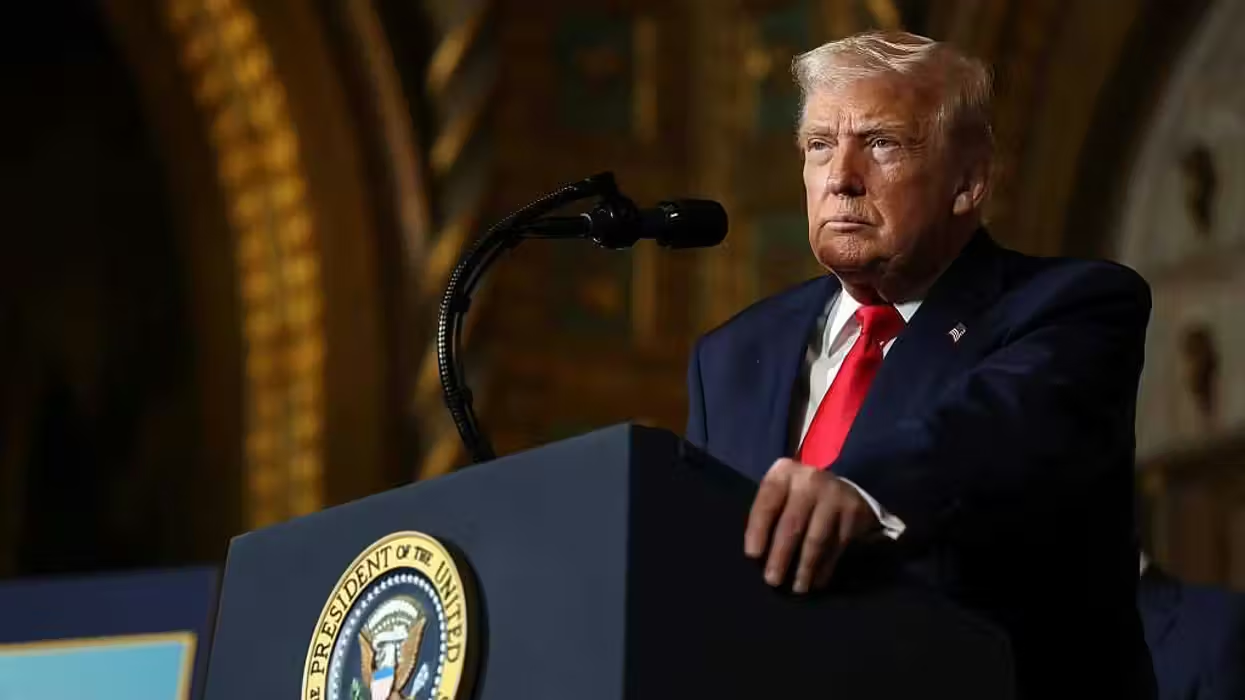
© 2025 Blaze Media LLC. All rights reserved.
"I don't see the point of an accessibility device that has an inaccessible price tag."
Sonar -- the same sensing through sound waves used by bats -- can now help the blind see -- sort of -- and at a low cost.
A self-contained glove with sonar technology measures the distance of how close or far away objects are and lets the wearer know using pressure. If an object is close by, the pressure from the glove will be stronger than objects that are father away.
See how it works:
What's even more nifty about this glove is that it is a Creative Commons license, meaning that anyone who is tech savvy could probably make this device. According to Popular Science, the device, known as Tacit (though more technically "Hand-Mounted Haptic Feedback Sonar Obstacle Avoidance Asstance Device"), is a neoprene cuff that includes an Arduino Mini Pro 5v, ultrasonic sensors, hobby servomotors and a 9-volt battery. Tactic is mounted on the back of the hand and can sense objects from about 1 inch to 10 feet:
The parts retail for about $65, [inventor Steve] Hoefer says — “I don't see the point of an accessibility device that has an inaccessible price tag.”
Details for making the device can be found here.
On GathrioLabs.com, Hoefer says that everyone who has used this device has figured it out almost instantly. Compared to the trademark white walking cane or a seeing eye dog, both of which have a learning curve and training time, this more instantaneous adaptation could be useful for those who are newly blind. He goes on to say that he will be experimenting with lasers, which would be more accurate, but that for now sonar is the most cost-effective.
Using this glove is probably a much easier option than teaching oneself to see using his own innate sonar, like this incredible kid. As this 2007 video shows, he lost his eyes to cancer at 3-years-old, but rode bikes, played basketball, and essentially convinced those around him that he wasn't actually blind by his actions. At 17, he died of cancer. Check out his story:
[H/T Engadget]
Want to leave a tip?
We answer to you. Help keep our content free of advertisers and big tech censorship by leaving a tip today.
Want to join the conversation?
Already a subscriber?
more stories
Sign up for the Blaze newsletter
By signing up, you agree to our Privacy Policy and Terms of Use, and agree to receive content that may sometimes include advertisements. You may opt out at any time.
Related Content
© 2025 Blaze Media LLC. All rights reserved.
Get the stories that matter most delivered directly to your inbox.
By signing up, you agree to our Privacy Policy and Terms of Use, and agree to receive content that may sometimes include advertisements. You may opt out at any time.







